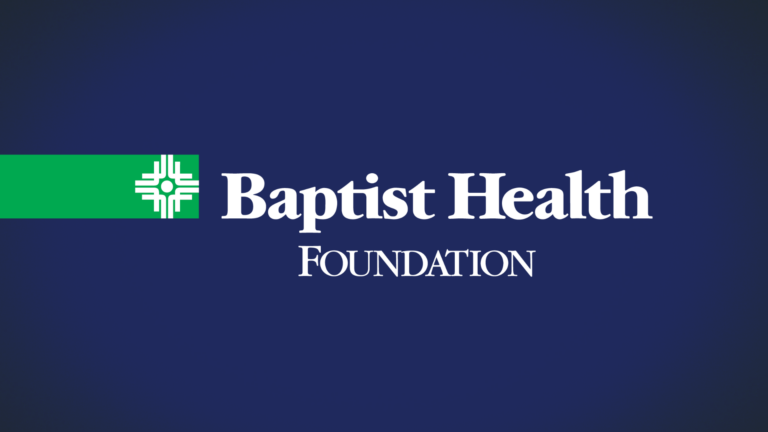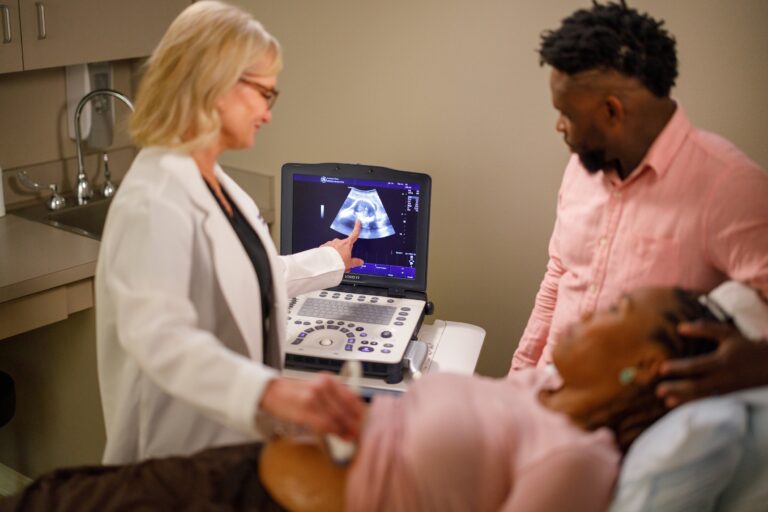The spinal cord is a bundle of nerves that carries messages between the brain and the rest of the body. Injury to the spinal cord from accidents, falls or birth defects results in a decrease or absence of movement, sensation, and body organ function below the level of the injury.
Spinal cord injury is classified according to the person’s type of loss of motor and sensory function. Following are the main types of classifications:
- Paraplegia (para means two like parts)
This involves paralysis and loss of sensation from some point in the trunk (lower half of the body) and including the legs. - Tetraplegia
This involves paralysis and loss of sensation including all of the trunk (lower half of the body), the legs and some of the muscles of the shoulders, arms and hands. (The degree of paralysis depends on the area of injury to the spinal cord. The higher the injury, the more loss experienced.) - Incomplete Paraplegia or Tetraplegia
Here there is not total damage to the spinal cord, so some movement and sensation may exist below the injury level.
The Spinal Cord Injury Program at Baptist Health Rehabilitation is designed for individuals who have experienced an injury or condition affecting their spinal cord resulting in weakness or paralysis. The trauma of spinal cord injury crosses the entire spectrum of medical, physical, emotional and psychological problems. Because of this, Baptist Health Rehabilitation provides a team of professionals who have specialized training in the treatment and care of individuals with a spinal cord injury.
Treatment
Strength Training
Baptist Health Rehabilitation offers several options for strength training therapy, including the Equalizer Weight Machine, Versatrainer, Easy Stand as well as weights, theraband, and mat exercises. When appropriate, strength training may be enhanced by the use of electrical muscular stimulation. Our staff has the training and experience to adapt strengthening programs for individuals with partial paralysis, the elderly and those with other complicating conditions such as sensory loss, poor circulation and osteoporosis.
Mobility Training
The mobility options for an individual with a spinal cord injury may depend, to a great extent, on the injury type listed above. Depending on the individual’s strength and movement ability, our staff will provide training in:
- Transfers
Patients are shown how to safely move from the wheelchair to the car, bed, furniture, toilet, and tub. - Wheelchair Mobility
Patients are taught to negotiate curbs, ramps, and various types of surfaces in standard wheelchairs or power drive chairs. - Walking
For patients who have this potential, walking training is practiced on a variety of floor surfaces, ramps and stairs using different types of canes, walkers, splints and braces, as necessary. - Robot-Assisted Walking Therapy
The robot-assisted walking device (called a Lokomat) at Baptist Health Rehabilitation Institute-Little Rock is designed to simulate normal walking. With individuals who have sustained an injury or illness that has severely limited their ability to walk, it is believed that the repetitive walking pattern helps the brain and spinal cord work together to re-route signals that have been interrupted. The use of the device may also help strengthen muscles, improve circulation, and increase bone density. An individual using the device is supported by a suspension harness while walking on a treadmill. A robot attached by straps to the outside of the legs, moves the legs in a natural walking pattern. A computer controls the pace of walking and measures the patient’s effort and degree of participation.
Electrical Stimulation Technology
The Bioness H200 is a state-of-the-art neuroprosthetic and rehabilitation system designed to increase functional use of the hand and minimize impairments and complications associated with central nervous system injuries such as stroke, brain injury and spinal cord injury. The device is worn on the forearm and, utilizing computer controlled electrical stimulation, is designed to help individuals regain control and movement of the muscles in their arms and hands.
The Functional Electrical Stimulation bike is used for individuals with a variety of diagnoses including spinal cord injuries, stroke, brain injury and multiple sclerosis who have decreased movement in their trunk and extremities. Electrodes focus graded amounts of electrical stimulation to assist the muscle contraction to propel the stationary bike. Virtual displays provide motivation and help encourage symmetrical movement of the arms and legs.
Self-Care Training
The therapy gym at Baptist Health Rehabilitation is equipped with a home-like kitchen, bedroom, bathroom and living area in which patients and caregivers receive training for functioning safely at home. The rehabilitation nursing staff also provides instruction in such topics as skin care, bowel and bladder management, medication management, pain management and the monitoring and management of other issues related to spinal cord injury. Occupational therapists will provide training in dressing, grooming, feeding, bathing and other self-care needs. A registered dietitian will provide dietary counseling specific to the needs of each individual.
Community Re-Entry Training
The Physical Therapists, Occupational Therapists and Therapeutic Recreation Specialists at Baptist Health Rehabilitation work together to provide meaningful and individualized community re-entry experiences for each spinal cord injury patient. The goal is to take the skills learned in therapy and apply them in community situations. These experiences may include trips into the community and therapeutic home or community passes. We also have a community simulation training center within our facility called David’s Village. David’s Village provides a unique opportunity for patients to practice skills needed to participate in community activities. This simulation center includes a restaurant area, grocery store, vehicle, gas pump and the entry to a home/porch.
Neuropsychology
Neuropsychology consists of evaluation and counseling services, to assist the patient in a return to home, community, school and work. Counseling services related to the admitting diagnosis are provided to help the individual adjust to changes in their level of functioning and lifestyle. A comprehensive evaluation is conducted to test the areas of sensory motor functioning, language, orientation, attention, memory, problem-solving and decision-making skills. Also included is an evaluation of the individual’s emotional adjustment to changes in their medical condition.
Peer & Group Support
We firmly believe that individuals who experience even the most severe spinal cord injuries can still lead very successful and satisfying lives. We also recognize that sometimes the best encouragement comes from someone who has been down that path. We recruit former patients who have resumed productive lives in spite of the effects of their injuries to talk to individuals and their families who are experiencing the grief of facing this diagnosis. Peer support has proven invaluable in helping our patients get back to their lives.
Baptist Health Rehabilitation sponsors a quarterly Support/Education Group for spinal cord injury survivors, their families and friends. Personal adjustment counseling is also available through Neuropsychology.
Driver Rehabilitation
Baptist Health Rehabilitation employs a certified Driver Rehabilitation Instructor who provides driving training in a Baptist Health-sponsored car. This vehicle is equipped with adaptive devices including hand controls for the accelerator and brake, various steering options and the option of a left foot gas pedal.
Driver Rehabilitation is structured to meet the individual needs of each client and may consist of one assessment and training session or a series of visits when more extensive training is required. When indicated, we also have an assessment device to determine an individual’s readiness for driver training.
Driver Rehabilitation requires a physician’s referral, is covered by Medicare and is covered by most insurance under occupational therapy. The program is offered Monday through Friday from 8 a.m. to 5 p.m.
Wheelchair Seating and Mobility Clinic
Baptist Health Rehabilitation utilizes RESNA-certified assistive technology professionals to administer assessments for pressure mapping. The X-Sensor Pressure Mapping System gives a dynamic visual picture of the amount and location of seating pressure areas and takes the guess work out of proper cushion selection. With the assistance of several local vendors, we maintain a large inventory of wheelchair and cushion options so that spinal cord injury patients will be able to obtain the appropriate equipment to meet their individual needs.
Spinal Cord Injury Education Program
The Baptist Health Rehabilitation Spinal Cord Injury Education Program addresses specific issues and concerns of the spinal cord injury patients and their families. The program is based on the “Yes, You Can!” manual produced by the Paralyzed Veterans of America, which is a guide to self-care for persons with spinal cord injury. This manual is given to each patient. The content of our program includes:
- Anatomy and Physiology of Spinal Cord Injuries
- Autonomic Dysreflexia
- Bowel Management
- Bladder Management
- Medication
- Skin Management and Pressure Ulcers
- Nutrition
- Sexuality
- Range of Motion
- Psychosocial Adjustment
- Pulmonary/Circulatory Care
- Community Reentry
- Substance Abuse
- Wheelchair and Cushion Maintenance
- Follow-up Care
- Use of Leisure
Referrals
Patients may be referred to Baptist Health Rehabilitation by physicians, family member, friend or a self-referral. A screening examination may be conducted prior to admission. The cost of treatment is covered as with any hospitalization by Medicare, Medicaid, Workers’ compensation and private insurance carriers.
For a comprehensive overview of Baptist Health Rehabilitation’s award-winning care, download the annual report.
For additional information on how to begin the admission process or to schedule a tour, call 501-202-7011 for Little Rock, 501-681-0974 for North Little Rock or 1-888-227-8478 for Baptist Health HealthLine.




